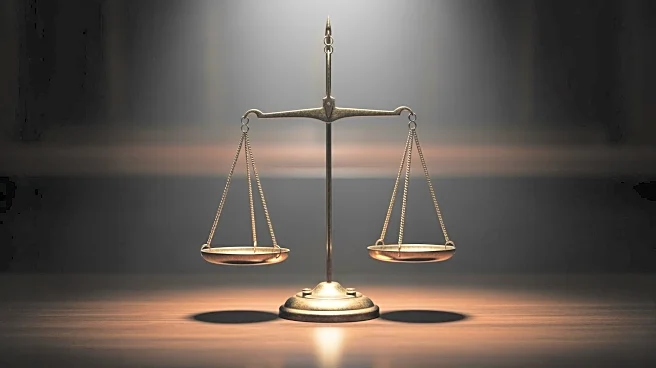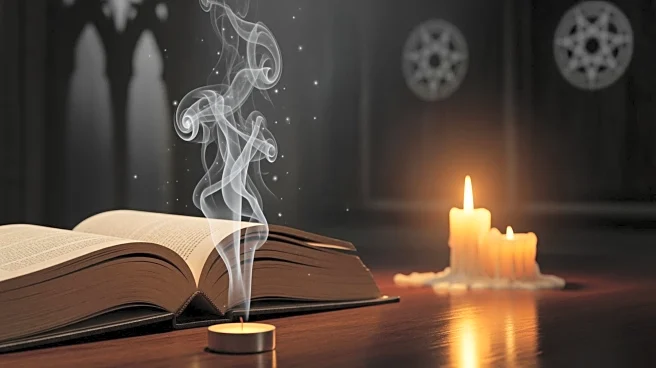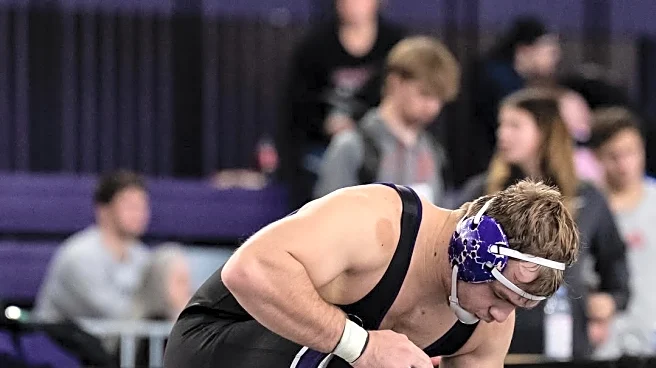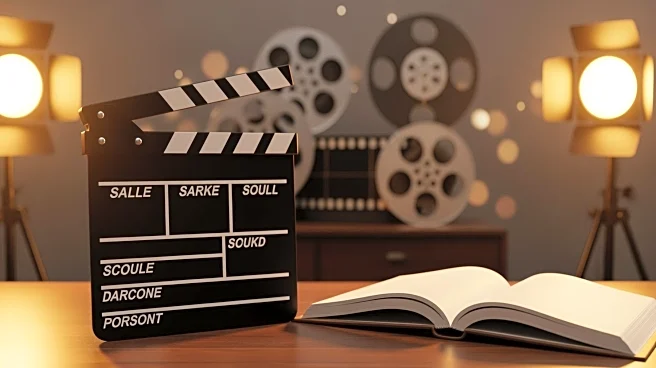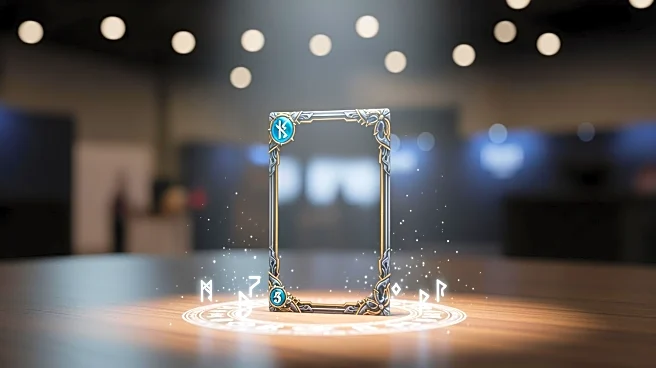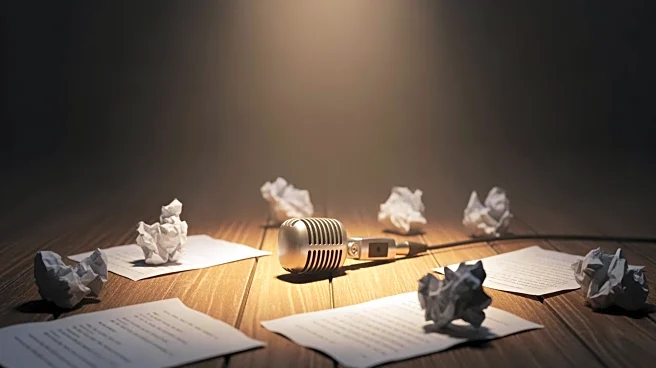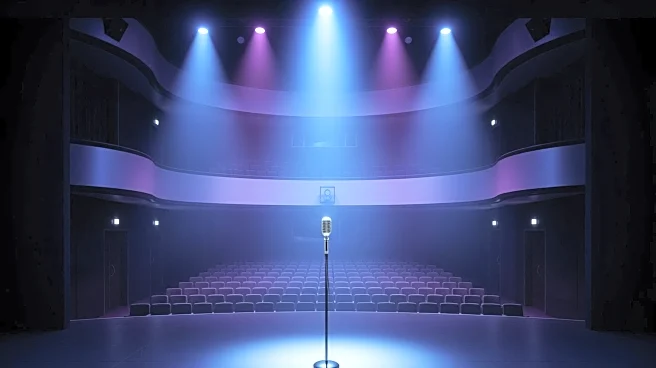What's Happening?
Kyle Rittenhouse, an 18-year-old from Antioch, was acquitted of all charges related to the fatal shooting of two men and the wounding of another during unrest in Kenosha, Wisconsin. The jury found Rittenhouse acted
in self-defense, leading to his acquittal. The incident occurred during protests following the police shooting of Jacob Blake, an African American man, which sparked nationwide demonstrations. Rittenhouse's trial was closely watched and highly controversial, with debates over self-defense laws and gun rights. The acquittal has elicited varied reactions from different groups, reflecting the polarized views on the case.
Why It's Important?
The acquittal of Kyle Rittenhouse is significant as it highlights ongoing debates in the U.S. regarding self-defense laws, gun rights, and racial justice. The case has been a focal point for discussions on the legal boundaries of self-defense and the role of firearms in public protests. It also underscores the deep divisions in American society over issues of race and justice, as the protests in Kenosha were part of a larger movement addressing police violence against African Americans. The outcome may influence future legal interpretations of self-defense and impact public policy discussions on gun control and protest rights.
What's Next?
Following the acquittal, there may be increased calls for legislative reviews of self-defense laws and gun regulations. Advocacy groups on both sides of the gun rights debate are likely to use this case to push for changes in legislation. Additionally, the families of the victims may pursue civil litigation against Rittenhouse. The case could also lead to further protests and demonstrations, as it has become a symbol of broader societal issues. Political leaders and civil rights organizations may respond with initiatives aimed at addressing the underlying causes of such incidents.
Beyond the Headlines
The Rittenhouse case may have long-term implications for how self-defense is perceived in the context of public protests. It raises ethical questions about the presence of armed individuals at demonstrations and the potential for violence. The case also reflects cultural tensions in the U.S., where issues of race, justice, and gun rights intersect. It may influence public opinion and policy on how protests are managed and the role of law enforcement in ensuring public safety. The case could also affect the discourse around the Second Amendment and its application in modern society.
